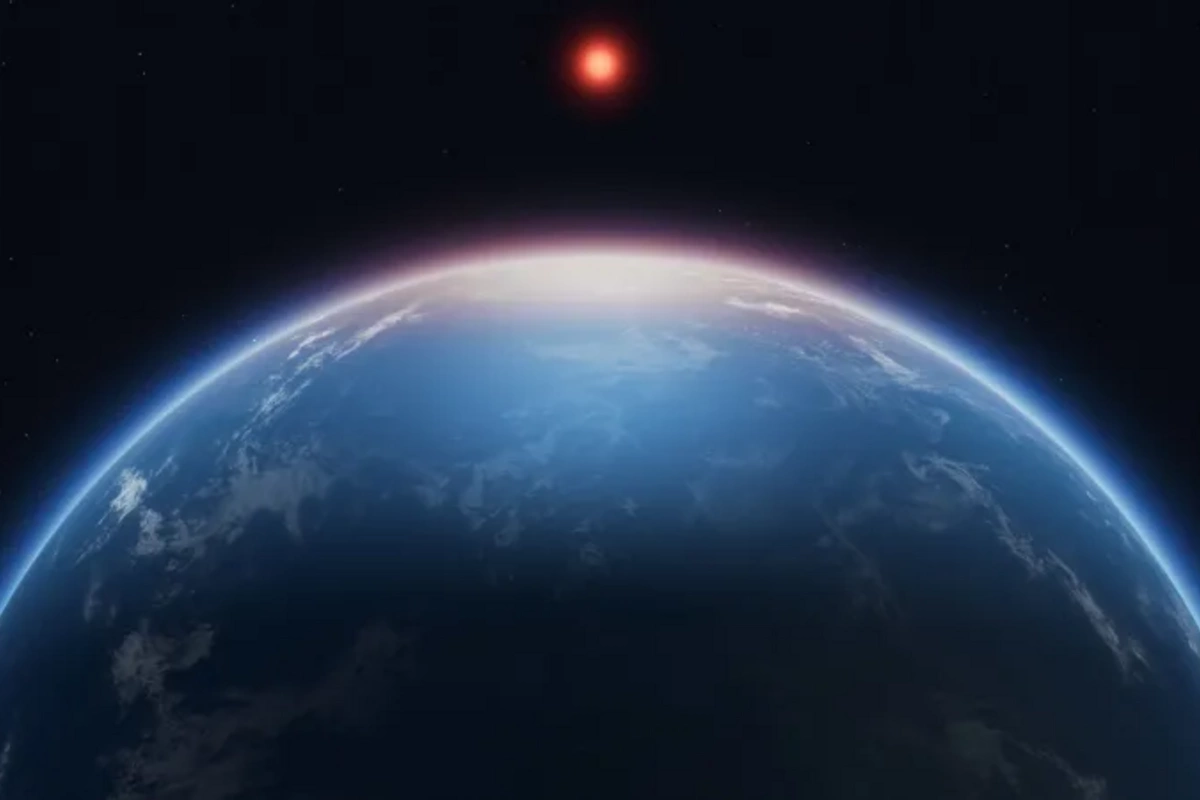James Webb Telescope Discovers Possible Signs of Life on Planet K2-18b

British scientists have made an astounding discovery that could revolutionize our understanding of extraterrestrial life. Researchers from the prestigious Cambridge University have found new, although still hypothetical, evidence of life existing on a distant exoplanet.
A team of astronomers studying the mysterious planet K2-18b has identified signs of molecules that on Earth are produced exclusively by simple organisms. This discovery has scientists around the world holding their breath.
Notably, this is the second time that chemical substances potentially indicating the existence of life have been detected in a planet's atmosphere using the James Webb Space Telescope. Specialists note that the current discovery appears significantly more promising than the previous one.
However, both Cambridge researchers and other astronomers emphasize the need for additional data to confirm the results of this revolutionary research.
The head of the scientific team, Professor Nikku Madhusudhan, in an exclusive interview at his laboratory at the Institute of Astronomy at Cambridge University, expressed hope for obtaining definitive proof in the near future.
"This is the most convincing evidence we currently have that there might be life out there somewhere. I can realistically say that we will be able to confirm this evidence within a year or two," stated the scientist.
K2-18b is impressive in size - it is two and a half times larger than our planet. The distance to this mysterious cosmic object is more than a thousand trillion kilometers from Earth.
Similar News
An earthquake occurred in Turkey
An earthquake of magnitude 4.7 struck the Turkish province of Kahramanmaraş. This was reported by the Disaster and Emergency Management Authority of the Turkish...



 Azərbaycanca
Azərbaycanca  По-русски
По-русски  English
English 






